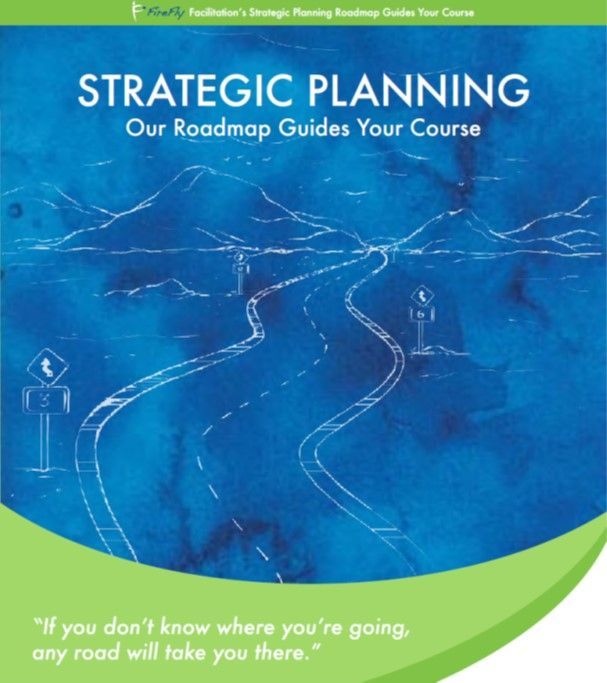Innovation - What's in a Word?
Innovation….when you hear this word, what comes to mind? When I pose this question to a group, I often hear "Apple", "Something new", or similar response.
If you look it up in a standard dictionary, like Websters or American Heritage, the definition is simple and straightforward: "the introduction of something new." If, however, you look it up in Business Dictionary.com, you get a very different result: "The process by which an idea or invention is translated into a good or service for which people will pay. To be called an innovation, an idea must be replicable at an economical cost and must satisfy a specific need."
The "regular" person’s definition is so much better and more freeing than the business minded one. I call this the difference between innovation with a little “i” – innovation for everyone – and innovation with a big “I” that stands up to the very tough scrutiny of the business world. We wonder why we see innovation as a slogan by top execs instead of something that actually gets done. How do you know if something is going to make money unless you give it a chance? In many companies we cut new ideas off at the knees because we can’t see right off how it can possibly be profitable.
Let me tell you the story of Alexander Fleming. It's 1928 and apparently Dr. Fleming is a pretty messy scientist. One day he's cleaning out the petri dishes he had been using to grow bacteria. Something catches his eye. Something had contaminated one of the staph cultures – in fact it had killed the bacteria.
Do you know what he had discovered – penicillin --- by accident! "When I woke up just after dawn on September 28, 1928, I certainly didn't plan to revolutionize all medicine by discovering the world's first antibiotic, or bacteria killer," Fleming would later say, "But I guess that was exactly what I did."
A huge success, right? Wrong! There were so many difficulties associated with producing penicillin in mass quantities, it would be another 12 years before the world realized what he had created. We need the broader definition of innovation...so that we can celebrate the learning…not just the end result.
What "discoveries" - no matter how small and seemingly insignificant - have you made recently? What can you find to celebrate – not just the end result but what you learned from it – and how you can apply those learnings?






